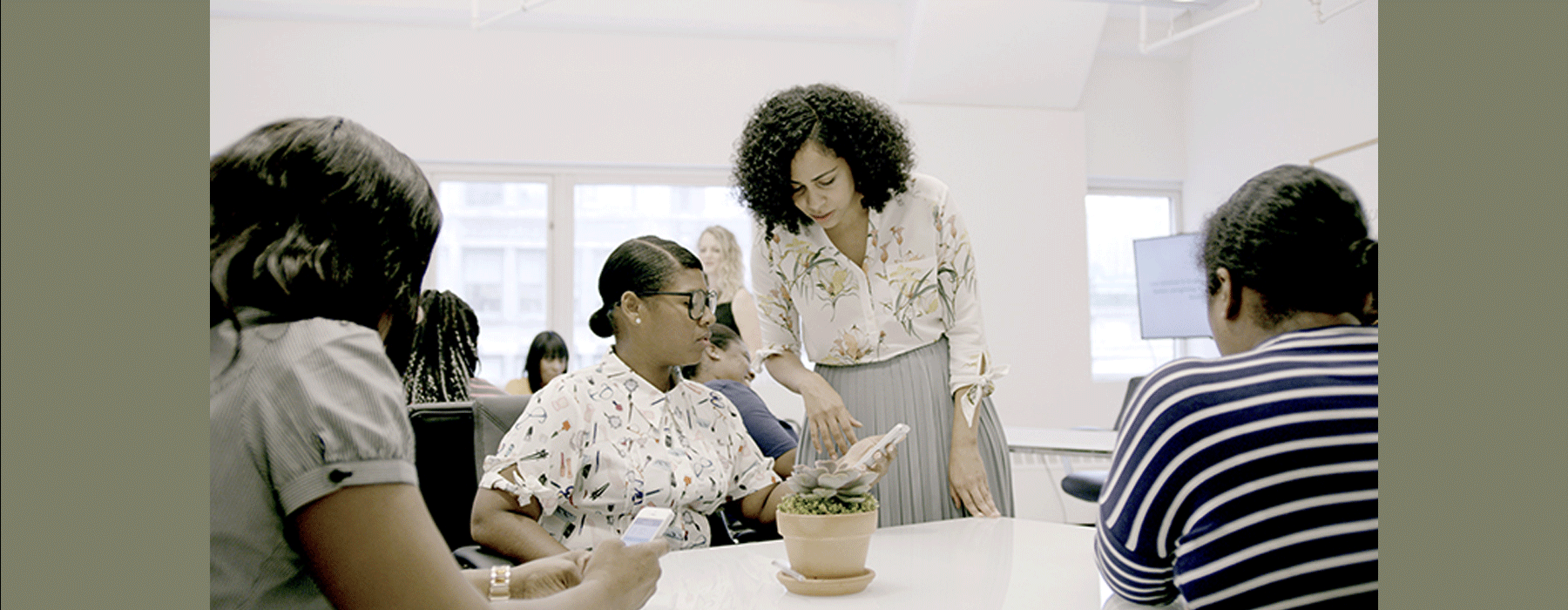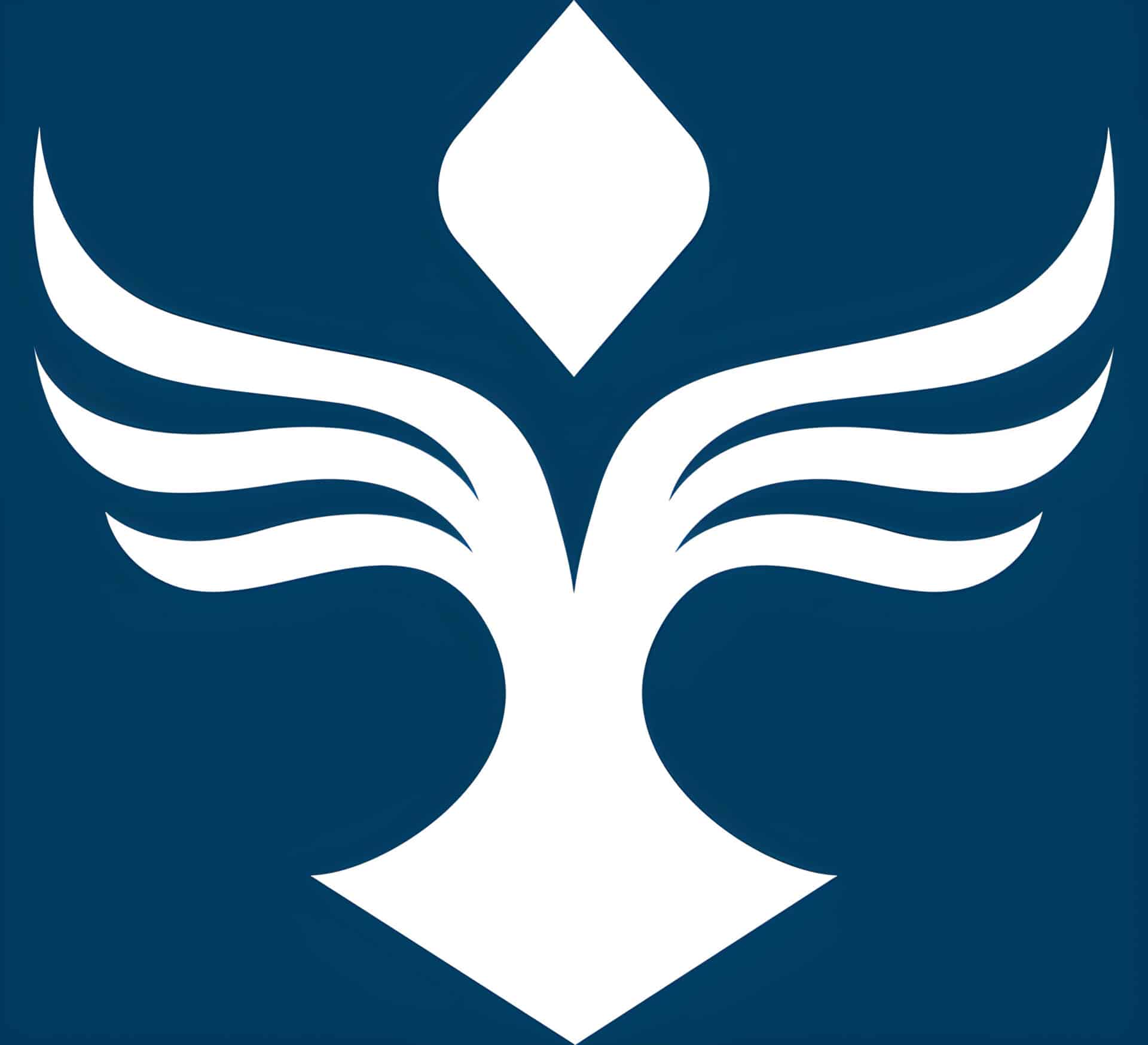Hometeam technology expands the caregiving process.

10.31.17
MedGadget
Hometeam technology expands the caregiving process
Finding a suitable caregiver for an elderly relative can be difficult, and leaving a vulnerable loved one with a stranger can be tough, especially if they have very specific medical or care needs. An innovative platform, developed by Hometeam, a company working in New York City and New Jersey, aims to match caregivers with seniors based on their medical needs, and their interests. Once care has started, the platform can track seniors’ daily routines and medication schedules and allows caregivers to communicate directly with seniors’ families using a tablet computer in each home. The system aims to help seniors to maintain their independence and health with optimized care and give families peace of mind.
Medgadget asked Hometeam CEO and Founder Josh Bruno, and Hometeam advisor and Sachs Policy Group CEO Jeff Sachs, some questions about the system.
Conn Hastings, Medgadget: Please tell us how you got into this area.
 Josh Bruno, Hometeam: I was on a very different path working for Bain & Co. and trying to decide if I wanted to go back to business school, when my family was experiencing some challenges in identifying the right care for my grandfather. At the time, our preference was to keep him at home where he was most comfortable and we believed that sending him to a nursing facility wasn’t in his best interest and may cause him to deteriorate faster.
Josh Bruno, Hometeam: I was on a very different path working for Bain & Co. and trying to decide if I wanted to go back to business school, when my family was experiencing some challenges in identifying the right care for my grandfather. At the time, our preference was to keep him at home where he was most comfortable and we believed that sending him to a nursing facility wasn’t in his best interest and may cause him to deteriorate faster.
This issue resulted in me digging into the aging process and all the options in the space. I even went to the extreme of volunteering at about 15 different agencies to learn the ins and outs of the business. I did everything from driving a bus to becoming a home health aide myself. I realized that the system was severely broken and desperately needed a change. This is why I decided to start Hometeam.
 Dr. Jeffrey A. Sachs, Sachs Policy Group: The biggest driver in healthcare right now is the digital revolution – even more than legislative or policy changes from Washington. Technology is changing how every job is done. As an advisor to health-tech startups, I see new, smart companies pop up every year.
Dr. Jeffrey A. Sachs, Sachs Policy Group: The biggest driver in healthcare right now is the digital revolution – even more than legislative or policy changes from Washington. Technology is changing how every job is done. As an advisor to health-tech startups, I see new, smart companies pop up every year.
I became an advisor to Hometeam because I saw the magnitude of the problem with home care that they sought to address. We know that families want peace of mind that their loved ones are in good hands, and we also know that home health care is among the hardest, least appreciated and least supported jobs in healthcare. Hometeam is attempting to fix these issues, and with the U.S. population of baby boomers aging rapidly, Josh could not have jumped into this endeavor at a better time.
Medgadget: How important is appropriate care for older people’s health and wellbeing? What problems can arise with suboptimal care?
Josh Bruno: It is simply critical to the health and wellbeing of the older adult. With the appropriate care and caregiver in place, it helps to promote social, mental and physical health. In addition, the physical activity that takes place with appropriate care is proven to reduce injury and disease in older adults.
Per the National Institutes of Health (NIH), and I’m quoting now, the appropriate care ‘reduces risk of cardiovascular disease, hypertension, type 2 diabetes, osteoporosis, obesity, colon cancer, and breast cancer. It also decreases the risk of falls and fall-related injuries.’ With sub-optimal care, the potential risk for each of these things can increase dramatically.
Medgadget: How does the Hometeam system match seniors and caregivers to address specific health issues?
Josh Bruno: Finding the right match for both caregivers and clients starts with our internal process. We have distinct teams dedicated to identifying the best clients and caregivers that thrive in our business. The ability to know what clients or caregivers best suit our service is a big piece to our current and future success. Through that process, we identify many nuanced likes/dislikes that are specific to each individual. Once both a caregiver and client go through our Hometeam intake process, we identify and match relationships that align the goals and experience as well as schedules. As you would assume, we find that caregivers and care recipients who have similar interests are happier together.
Our main goal is to make sure that the caregiver’s abilities match the needs of the recipient. For example, our teams avoid staffing a care recipient with dementia with a caregiver with no experience in working with dementia patients.
Medgadget: The system can track a senior’s daily routine and medication schedule. Can you explain to us how this works, and what are the advantages of this?
Dr. Jeffrey A. Sachs: It begins during Hometeam’s onboarding process – their clinical team develops a plan of care for the senior based on their medical needs and specific family goals, and this plan is entered into Hometeam’s proprietary system. Using a nicely designed app on a tablet, Hometeam’s caregivers are able to reference the plan of care throughout the day and track various activities, tasks and observations while caring for the senior. Those insights, as well as any refusal to take medication or changes to the senior’s physical or cognitive condition, are entered into the system, and this data is accessible to both the clinical team and the senior’s family. It provides a constant feedback loop, which is advantageous in many ways. Enabling caregivers to enter data in a consumable way supports analytics and better care management by providing the clinical team and their partners with the visibility they need to take action when necessary. It also improves hand-offs and continuity if a caregiver is replaced, ensures compliance with best practices, and much more.
Medgadget: How does the technology facilitate communication between a caregiver and families?
Josh Bruno: Throughout the day, our caregivers use our technology to track everything from how the care recipient ate, to bowel movements, to changes in skin color. At the end of the day, the family receives reports so they know how the day was for their loved one, including pictures of daily activities. We find families are more comforted to know how their loved one’s day went versus only hearing from the caregiver in emergency situations.
We also encourage families to provide feedback to their caregivers. The daily updates allow the family to send questions to their caregiver about the day. We enable families to send thank you message to their caregivers, which they frequently do in order to recognize the great work our caregivers are doing and to communicate appreciation for the impact their work has had on their loved one.
